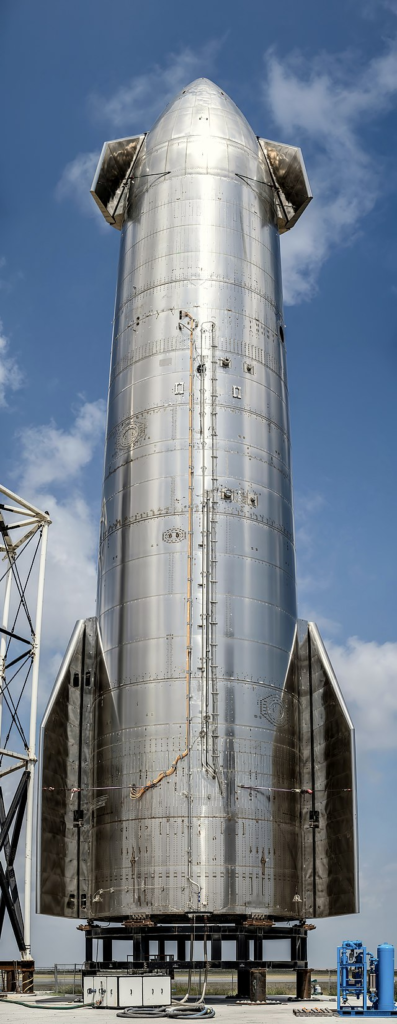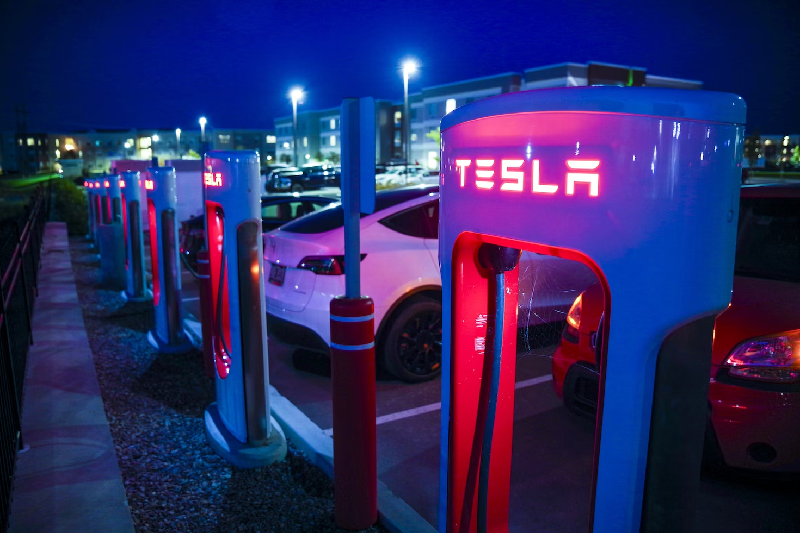Every day we wake up, drink some coffee, get ready for work and check on the latest tech. So here’s a handful of stories from around the tech world condensed to fit into that first cup. These are things you need to know before you step foot out of your door (or in front of a webcam) and into the real world this morning.
Lordstown Motors goes bankrupt and sues Foxconn

Lordstown Motors, the electric pickup truck maker that bought a former GM factory in Ohio, has filed for bankruptcy protection and sued its former partner Foxconn. The company said it had no choice after Foxconn, the Taiwanese tech giant that makes iPhones for Apple, failed to invest in the company as promised.
Lordstown accused Foxconn of fraud and broken promises, saying it wanted to “destroy” its business. Foxconn had agreed to manufacture Lordstown’s pickups at the Ohio plant and invest up to $170 million in the company, but later backed out of the deal. Lordstown warned last month that it was in danger of failing without more funding.
The company said it will continue to operate while it restructures its debt and pursues its lawsuit against Foxconn. Lordstown had hoped to deliver its first electric pickups by the end of this year.
New Platform for making microparticles that release drugs in bursts
Researchers have developed a new way to make tiny particles that can release drugs in bursts over time. These particles are made of biodegradable polymers and can be fabricated in large quantities using a microfluidic device.
Researchers showed that the particles can deliver drugs to cells in a pulsatile manner, mimicking the natural rhythms of the body. This could improve the effectiveness and safety of various therapies, such as cancer treatment, immunotherapy, and gene therapy, as well as reducing the frequency the drug would need to be administered.
The new platform could also enable the creation of customized microparticles with different shapes, sizes, and drug release profiles. The researchers hope to further optimize the platform and test it in animal models. This work was published in the journal Advanced Materials.
SpaceX revamps Starship rocket for next test flight

SpaceX is not resting on its laurels after the first test flight of its Starship rocket in April, which resulted in “Rapid Unscheduled Disassembly” or RUD. The company has made over 1,000 changes to the design of the giant vehicle, which aims to eventually take people and cargo to the moon and Mars.
One of the most significant changes is the use of hot staging, a technique that involves firing the engines of the upper stage before the booster stage engines shut down. This should increase the rocket’s performance and avoid the stage separation problem that occurred on the first flight.
SpaceX is also upgrading the launch pad in South Texas, which suffered extensive damage during the first launch. SpaceX will add more concrete, vents and a water-spouting plate to protect it from the heat of 33 Raptor engines.
The next Starship test flight could happen in about six weeks, according to SpaceX CEO Elon Musk.
Google wins Supreme Court case over song lyrics
Google can breathe a sigh of relief after the US Supreme Court has rejected a lawsuit from Genius, a music website that accused the tech giant of stealing song lyrics. Genius claimed that Google copied millions of lyrics from its site and displayed them in search results without permission or credit.
Genius sued Google for $50 million in 2019, but the case was dismissed by lower courts. The Justices upheld the decision on Monday, saying that Genius had no ownership over the lyrics, which belong to the songwriters and publishers.
Google said it licenses lyrics from third parties and does not scrape websites for them. Genius argued that Google breached its website terms by copying its transcriptions, which it said were unique and valuable.
The Supreme Court did not agree and refused to hear the case, ending Genius’s legal battle.
Tesla is Winning the EV Charging Wars
Tesla has been dominating the electric vehicle market in the US for a long time, but now it has also won a major victory in the charging wars. The company’s proprietary charging system, which it recently renamed as the North American Charging Standard (NACS), has been adopted by several major automakers, including Ford, GM, Rivian and Volvo.
This means that their customers will be able to use some of Tesla’s 12,000 fast-charging stations across the country. The NACS port has also been recognized by the SAE International, a leading standards organization for the automotive industry.
Tesla hopes that its NACS port will become the universal standard for electric vehicles in North America, similar to how USB-C is widely used for smartphones and other devices. This could make charging easier and more convenient for all EV owners, and also give Tesla more profits and control over the critical infrastructure for the future of mobility.











